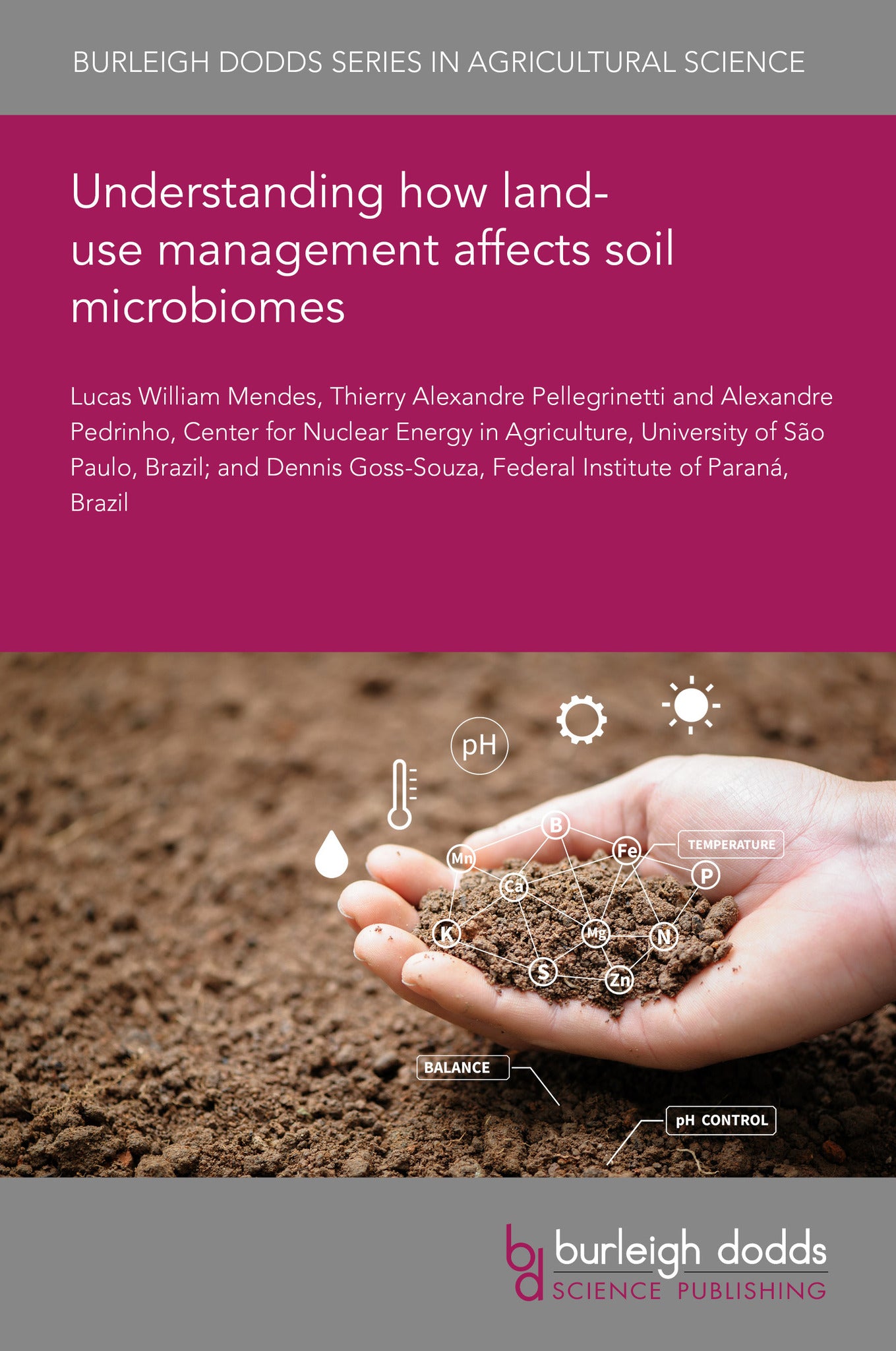We're sorry. An error has occurred
Please cancel or retry.
Understanding how land-use management affects soil microbiomes

Some error occured while loading the Quick View. Please close the Quick View and try reloading the page.
Couldn't load pickup availability
- Format:
-
29 May 2025

The soil microbiome is essential for ecosystem health, supporting functions like nutrient cycling and decomposition. However, human-induced land-use changes, such as deforestation and intensive agriculture, disrupt this delicate balance, impacting microbial diversity and functionality. These alterations have cascading effects on ecosystem functions, agricultural productivity, and global carbon cycling. Understanding these relationships is crucial given the widespread land degradation occurring worldwide. Urgent action is needed to implement sustainable land management practices, including conservation, reforestation, and regenerative agriculture, to mitigate land degradation and restore ecosystems. In this chapter, we explore examples elucidating the impact of land-use alterations on the composition and functionality of soil microbiomes, with a specific emphasis on diverse biomes within Brazil.

TECHNOLOGY & ENGINEERING / Agriculture / Agronomy / Soil Science, Soil science and management, TECHNOLOGY & ENGINEERING / Agriculture / Agronomy / Crop Science, TECHNOLOGY & ENGINEERING / Agriculture / Sustainable Agriculture, Agronomy and crop production, Sustainable agriculture

- 1 Introduction
- 2 Effects of land-use change on soil microbiome composition
- 3 Effects of land-use change on soil microbiome functions
- 4 Effects of land recovery on soil microbiome properties
- 5 Future Perspectives
- 6 Where to look for further information
- 7 References



